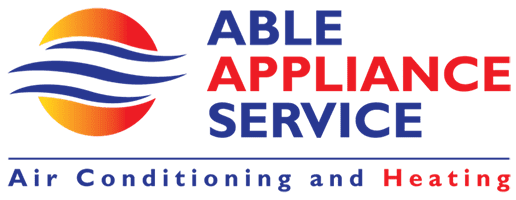For many of us, leftover food is a welcoming treat for the sudden hunger pangs and cravings we experience at odd hours of the day. Not to mention, it is a very convenient option given how hectic our lives have become.
The reheating process, however, is another question altogether. If reheated incorrectly or in a wrong container, leftover food can lose its nutritional properties, and even become hazardous for health.
So what is the correct way to reheat the food? Can food in styrofoam containers be put into the microwave for reheating? In this blog, we are going to address all these questions and show you the proper ways to reheat food safely. Keep reading!
Is It Okay To Put A Styrofoam Container In The Microwave?
Kind of no, but yes. While some people are apprehensive of putting styrofoam in the microwave (as they consider it to be plastic), styrofoam, in reality, is not plastic. In fact, it is a foam-like, lightweight variant of plastic that is predominantly made to hold food and drink. This is the reason why many styrofoam containers are actually safe to be put in the microwave.
This does not apply to all kinds of styrofoam though. Traditional styrofoam, typically made of polystyrene, is highly reactive to heat and releases toxic chemicals on heating. Fortunately, we have better-designed styrofoam today that are made from safer materials and remains stable at high temperatures.
How To Know If A Styrofoam Container Is Safe For Microwave?
The best way to know if a styrofoam container is microwave-friendly or not is by checking its label. It usually displays microwave-safe labels on the packaging of modern styrofoam containers.
It is still better if you transfer food to glass or ceramic containers before heating. If you are heating your food in a styrofoam container and see any visible signs of damage, immediately discard both the container and the food.
What Are The Ways To Reheat Food Safely?
When it comes to reheating, there are a few rules that you must follow not to damage the food.
1) Take out the food from a plastic or styrofoam container and put it onto a plate for reheating. You can also cover it with a lid or damp cloth to stop the food from splattering.
2) Never reheat food more than once. Also never reheat food that has been kept for over two days in the refrigerator.
3) Always use oven-safe containers for cooking and reheating the food in the oven.
4) Before you eat the food, make sure that the food’s internal temperature is a minimum of 165°F.
5) Liquid contents such as soups and stews should be reheated after pouring into a saucepan and putting on the stove.
6) When reheating, warm the food until it is piping hot. If you are reheating in a microwave, make sure to take your food out halfway during the cooking to give it a stir.
If you need more information on what kinds of food are suitable for your microwave, contact our experts at Able Appliance & HVAC Service. We will be more than happy to help and guide you!


